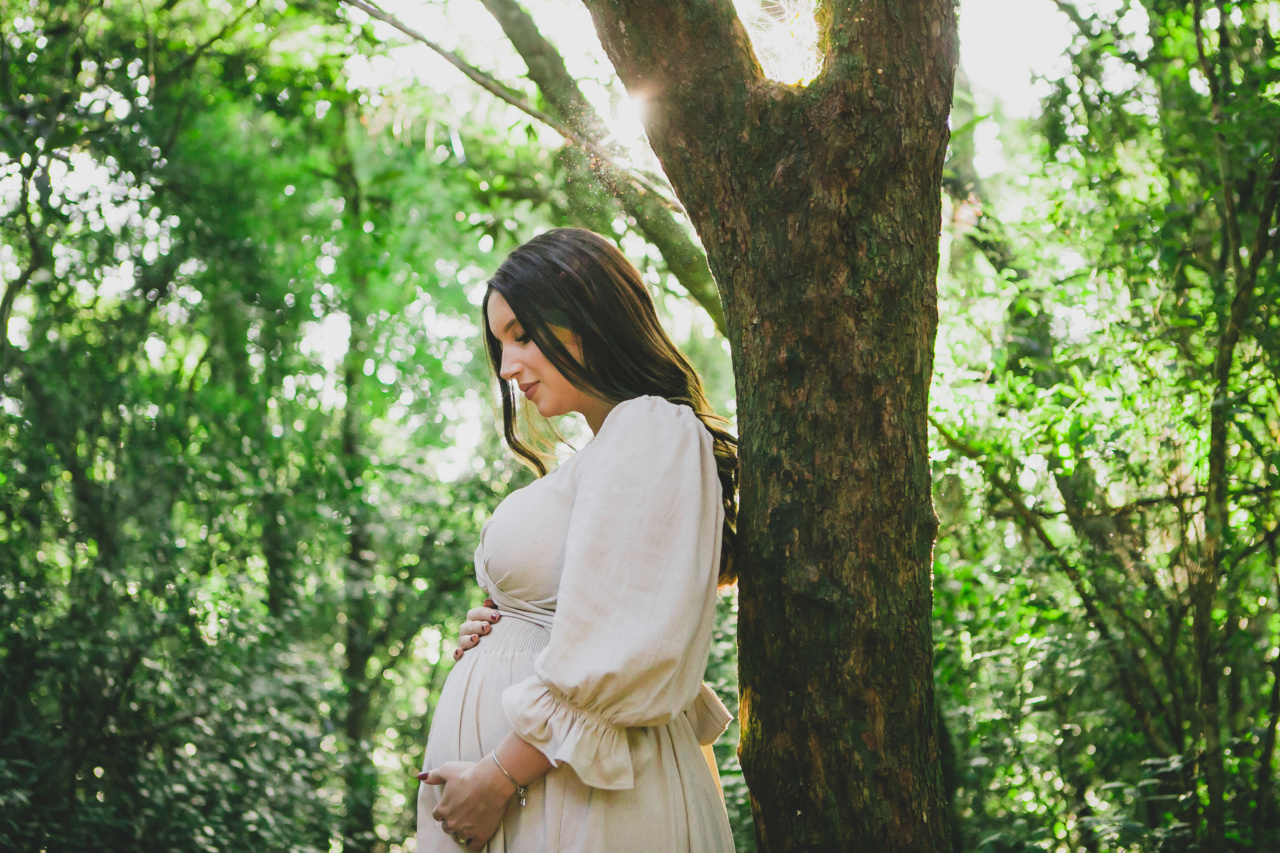For many women, the decision to build a family may come at a time when they are not ready to have children.
Whether it’s due to career goals, financial stability, or personal circumstances, egg freezing has emerged as an increasingly popular option to preserve fertility and maximize the chances of pregnancy later in life.
What is Egg Freezing?
Egg freezing, or oocyte cryopreservation, is a medical procedure that involves extracting a woman’s eggs, freezing them, and storing them for future use.
By doing so, women can preserve their fertility while their eggs are at their highest quality, increasing the likelihood of successful conception later on.
Who should consider Egg Freezing?
Egg freezing is a viable option for women who wish to delay childbearing but are concerned about their declining fertility as they age. It may be particularly relevant for:.
- Women pursuing higher education or career advancement
- Women undergoing medical treatments that may affect fertility, such as chemotherapy
- Women with a family history of early menopause or reproductive health issues
- Single women who have not found a suitable partner but desire to have children in the future
The Process of Egg Freezing
The process of egg freezing involves several stages:.
Egg Stimulation
Around the beginning of a menstrual cycle, the woman is given medication to stimulate the ovaries in order to produce multiple eggs, instead of the usual single egg that matures each month.
Egg Retrieval
Once the eggs have reached maturity, they are retrieved through a minimally invasive procedure called transvaginal ultrasound aspiration. This procedure involves inserting a thin needle into the ovaries to remove the eggs.
Egg Freezing
After retrieval, the eggs are rapidly cooled using a process called vitrification, which prevents the formation of ice crystals that may damage the eggs.
They are then safely stored in a cryopreservation facility until the woman decides to use them in the future.
Egg Thawing and Fertilization
When the woman is ready to use her frozen eggs, the eggs are thawed and fertilized with sperm either through in vitro fertilization (IVF) or intracytoplasmic sperm injection (ICSI) to create embryos.
These embryos are then transferred to the woman’s uterus, increasing the chances of a successful pregnancy.
Factors Affecting Success Rate
While egg freezing offers a promising option for preserving fertility, several factors can influence the success of the procedure. It’s important to consider:.
Age
The age at which a woman freezes her eggs significantly impacts the chances of achieving a pregnancy later on. Younger women tend to have healthier, more viable eggs, translating into higher success rates.
Egg Quantity and Quality
The number of eggs retrieved and their quality can influence the likelihood of a successful pregnancy. A higher number of healthy eggs increases the chances of finding viable embryos during fertilization.
Underlying Health Conditions
Some underlying health conditions, such as polycystic ovary syndrome (PCOS) or endometriosis, can affect egg quality and fertility.
It’s essential to consult with a healthcare professional to address any existing concerns before proceeding with egg freezing.
Expertise of the Cryopreservation Facility
The skill and experience of the cryopreservation facility where the eggs are stored play a crucial role in maintaining their viability and increasing the chances of successful thawing and fertilization in the future.
Conclusion
Egg freezing provides women with the opportunity to maximize their chances of pregnancy and preserve their fertility for the future.
By taking advantage of this innovative procedure, women can delay childbearing without compromising their chances of becoming mothers later in life. However, it is important to consider individual factors such as age, egg quantity and quality, and overall health, as they can greatly influence the success of the procedure.



























